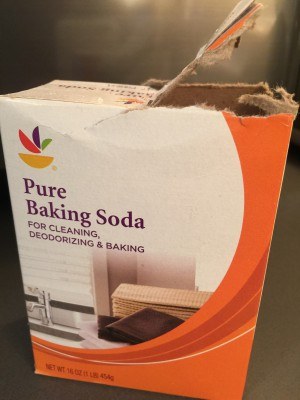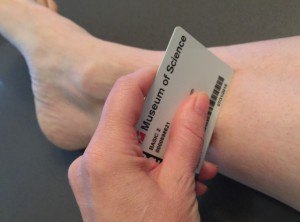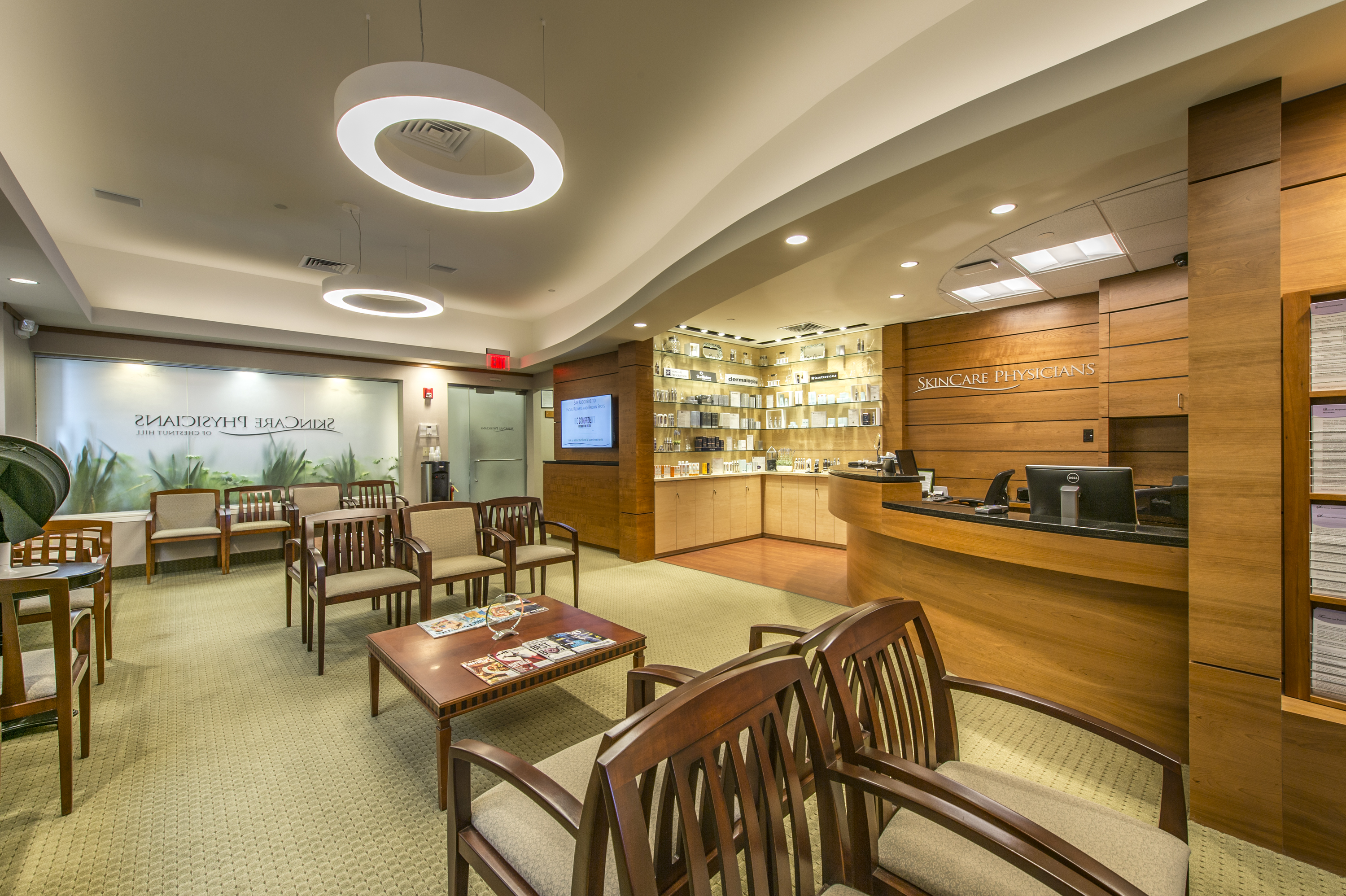Jellyfish stings, a summer skin hazard!

Photo by: Dave Cowles. July 2007
There’s a new dangerous creature lurking in the waters of Cape Cod and the Islands, and it’s not a great white shark! It’s a little jellyfish called Gonionemus vertens, and stings from this jellyfish have been increasingly reported in Cape Cod ponds and bays. The population of these creatures is spreading for reasons that aren’t understood, and they are unfortunately associated with a painful sting.
Gonionemus is a type of hydrozoan, like the Portuguese Man of War. Hydrozoans are not true jellyfish, but they resemble them enough that we often refer to them as such. Like the jellyfish, hydrozoans have tentacles that can deliver a venomous sting. These tentacles contain microscopic barbed stingers. The stingers are released through a coiled, sharp-tipped tube when you brush up against a tentacle. This tube penetrates the skin and releases the venom. Even touching a jellyfish that is washed up on the beach can cause release of these stingers, so be cautious!
Like any jellyfish, the sting of Gonionemus can cause various combinations of skin, respiratory, and joint symptoms. If possible, it is best to avoid them! When a jellyfish bloom is reported, wear protective clothing if you must be in the water, and it’s best to avoid going in altogether. Rash guards in the water offer the added advantage of sun protection (as measured by UPF) as well as preventing jellyfish stings! Avoid any jellyfish that are washed up on the beach.
Complications of a jellyfish sting include a painful localized rash and blistering and persistent itchy rash at the site of envenomation. More serious systemic complications include a delayed hypersensitivity reaction that might include a runny nose, watery eyes, hoarseness, cough and shortness of breath for several days. In even more severe cases, a severe allergic reaction (anaphylaxis) can occur shortly after the sting, as well as generalized muscle twitching and muscle and joint pains for several days.
Many times, you will not know what type of jellyfish stung you, so following a general jellyfish sting protocol makes the most sense. First, seek medical attention. While you are waiting for help, carefully rinse the area thoroughly with seawater. Do NOT use fresh water, which can cause further release of the toxins from the stingers that are still embedded.
 If available, apply baking soda/seawater paste (50:50 baking soda:seawater) to prevent further envenomation.
If available, apply baking soda/seawater paste (50:50 baking soda:seawater) to prevent further envenomation.
Vinegar is used in cases of box jellyfish envenomation, but these are not generally found in the New England area. Urine is NEVER a useful treatment! Use tweezers or a plastic credit card to remove residual stingers, and then apply an ice pack. 
Once you are certain that the area is free of residual stingers and there are no systemic complications, further treatment can be accomplished at home. Local pain is best treated with over-the-counter ibuprofen or acetaminophen. Skin stinging and itching can be treated with over-the-counter 1% hydrocortisone. If there are any systemic symptoms that arise later, seek medical attention.
More severe local skin reactions like blistering, dermatitis, and residual discoloration can be treated by a dermatologist with stronger topical corticosteroids, wound care, and bleaching agents.
Enjoy the summer and stay safe in the water!



Leave a Reply